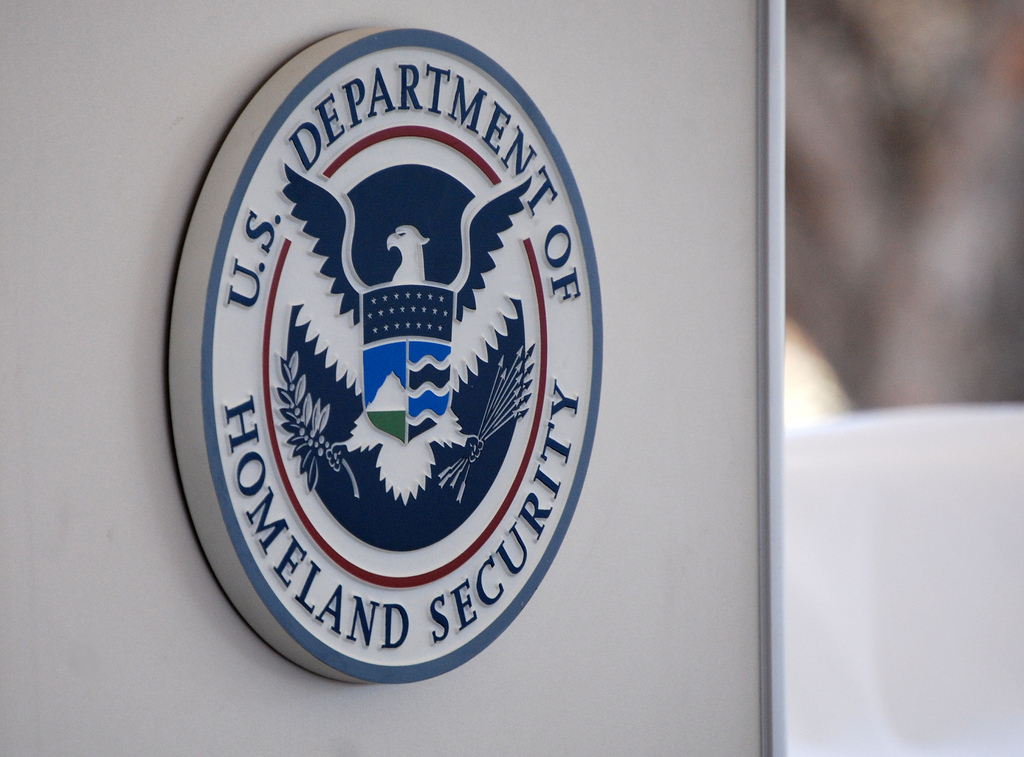The Migration Policy Institute released a new report that examines the potential impact of the Department of Homeland Security’s (DHS) new policy guidance for immigration enforcement, which attempts to focus immigration enforcement more specifically on certain categories of individuals while, according to Homeland Security Secretary Jeh Johnson, “deprioritizing those undocumented who have been here for years, committed no serious crimes, and have in effect become integrated members of society.
Based on analyses of DHS administrative data, MPI estimates that the new enforcement priorities will result in a reduction of interior removals of 25,000 cases yearly—assuming strict adherence in the implementation of the guidance. This new policy guidance constitutes an attempt to redefine the allocation of detention and deportation resources so that the enforcement focus is especially placed on individuals who have committed serious crimes, are threats to public safety, are recent unauthorized entrants, or have recent deportation orders.
According to MPI’s estimates, about 9.6 million undocumented immigrants currently living in the U.S. do not meet the new enforcement priorities and, therefore, should not be removed. This is hardly surprising since, as previous studies have shown, immigrants are less likely than the native-born to commit serious crimes and a significant portion of the unauthorized population has lived in the country for a relatively long period of time and has strong ties to the U.S.
The expected decline in the number of removals essentially means that some of the individuals that currently are removed with nonserious convictions would not be removed going forward. The categories of individuals that will be targeted by the new enforcement scheme are (1) national security threats and felons; (2) serious misdemeanants and those who have entered or re-entered unlawfully after January 1, 2014; and (3) those with removal orders issued after January 1, 2014. Combined, these categories account for 13% of the unauthorized population, according to MPI’s estimates.
Even though the adjustment of enforcement priorities may temporarily shelter some undocumented immigrants from the risk of deportation, enforcement policies do not offer long-term, sustainable solutions. In the absence of legislation that affirmatively grants legal status to undocumented immigrants living in the U.S. who have ties to the U.S., are active contributors of society, and do not have a serious criminal background, the long-term impact of any enforcement prioritization is limited. Broader societal benefits would accrue from legalization. Among these benefits is increased security –only with a comprehensive immigration reform solution can we hope to have fuller knowledge of who is in our country and better target those who would cause us harm.
In the meantime, Congress is debating piecemeal legislation and unnecessarily delaying a comprehensive solution and, in the process, wasting not just time, but money and human potential as well.
Photo Courtesy of Public Affairs.
FILED UNDER: Department of Homeland Security, enforcement, featured, Migration Policy Institute


